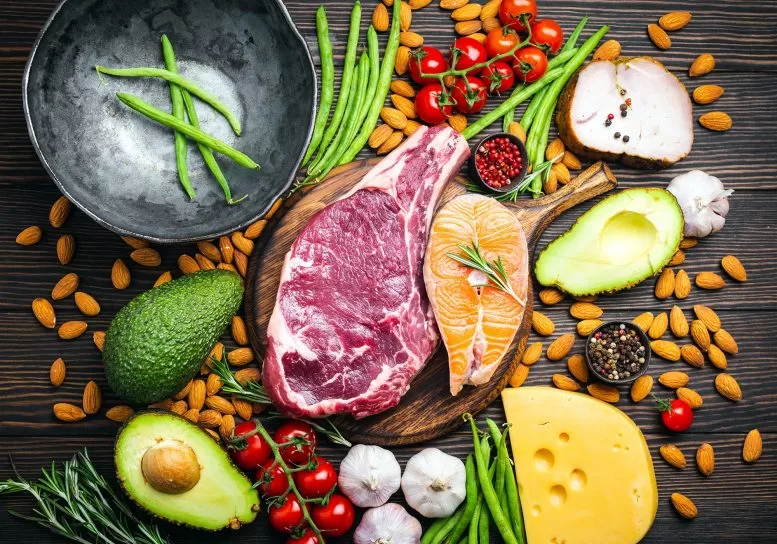A recent study in Science has uncovered new insights into humanity’s long-standing relationship with carbohydrates, tracing genetic adaptations in our ancestors that allowed them to digest starchy foods, possibly as far back as 800,000 years ago. This evolutionary adaptation may have influenced modern health, particularly as modern diets become more carb-heavy and processed.
A Genetic Edge for Starch Digestion
Humans, unlike most species, have multiple copies of the AMY1 gene responsible for producing amylase—an enzyme essential for breaking down starch into usable sugars. According to researchers, this adaptation likely gave early humans an advantage by allowing them to more efficiently extract energy from starchy foods like tubers and grains, which were plentiful even before the advent of agriculture.
“This discovery is crucial,” stated Kelsey Jorgensen, PhD, a biological anthropologist at the University of Kansas. “It shows how our ancient ancestors’ dietary habits may still impact our genetics today.”
The Study’s Approach and Findings
The research team used innovative sequencing technologies, including optical genome mapping and long-read sequencing, to examine both ancient and modern DNA samples. Their findings indicate that ancient humans, including hunter-gatherers, may have already had between four and eight copies of the AMY1 gene. This adaptation was prevalent among populations across Eurasia, hinting that early humans developed these genetic traits long before cultivating crops.
The study also found that as agriculture advanced, especially around 4,000 years ago, people accumulated even more copies of the gene. This increase in AMY1 copies is thought to correlate with the rise in starch consumption as societies shifted towards farming. “With the advent of agriculture, genetic variation went hand-in-hand with adaptation to the environment,” remarked Feyza Yilmaz, PhD, a lead author of the study and a computational scientist at The Jackson Laboratory in Maine.
Implications for Modern Health
This genetic predisposition to digest starch might come at a cost in the present day, where processed and calorie-dense foods are common. Jorgensen suggested that individuals with higher AMY1 gene copies might experience an increased risk of elevated blood sugar and prediabetes. However, research on this correlation is ongoing. Some studies support a link between higher AMY1 copies and conditions like diabetes or high BMI, but the evidence remains inconclusive.
The connection between these genes and cravings for starchy foods also warrants further study. Because the amylase enzyme partially converts starch into maltose, a slightly sweet sugar, it’s possible that increased amylase production could influence taste perceptions and, potentially, carb cravings. “There’s evidence that more copies of AMY1 could mean stronger responses to starch, making it taste sweeter, but the link to cravings is still under investigation,” Yilmaz explained.
Evolution in a World of Processed Carbs
As processed carbs become an integral part of global diets, the future of the AMY1 gene remains uncertain. Yilmaz noted that while it’s difficult to predict the exact impact of our modern diet on genetic evolution, there’s a possibility that we may have already reached a peak in AMY1 copies.
Jorgensen highlighted that this research, which focused on European populations, opens questions about how carb consumption patterns influenced other populations. Dietary habits varied widely across cultures, and it is unclear whether similar adaptations occurred elsewhere. “The rise of starch in diets started in the Middle East and spread over time, so other regions might show different genetic adaptations,” Jorgensen speculated.
Conclusion: A Double-Edged Genetic Sword
The study underscores the complex role of carbs in human evolution. Our bodies evolved to crave and efficiently process carbohydrates, yet today’s carb-laden processed foods may push our biology to a breaking point. As researchers work to unravel the relationship between AMY1 copies and modern health, the study highlights the need for a balanced approach to diet, honoring our evolutionary history while adapting to modern nutritional challenges.
This research underscores humanity’s longstanding affinity for carbohydrates—a relationship spanning nearly a million years, bringing both energy and complexity to our genes and diets alike.











